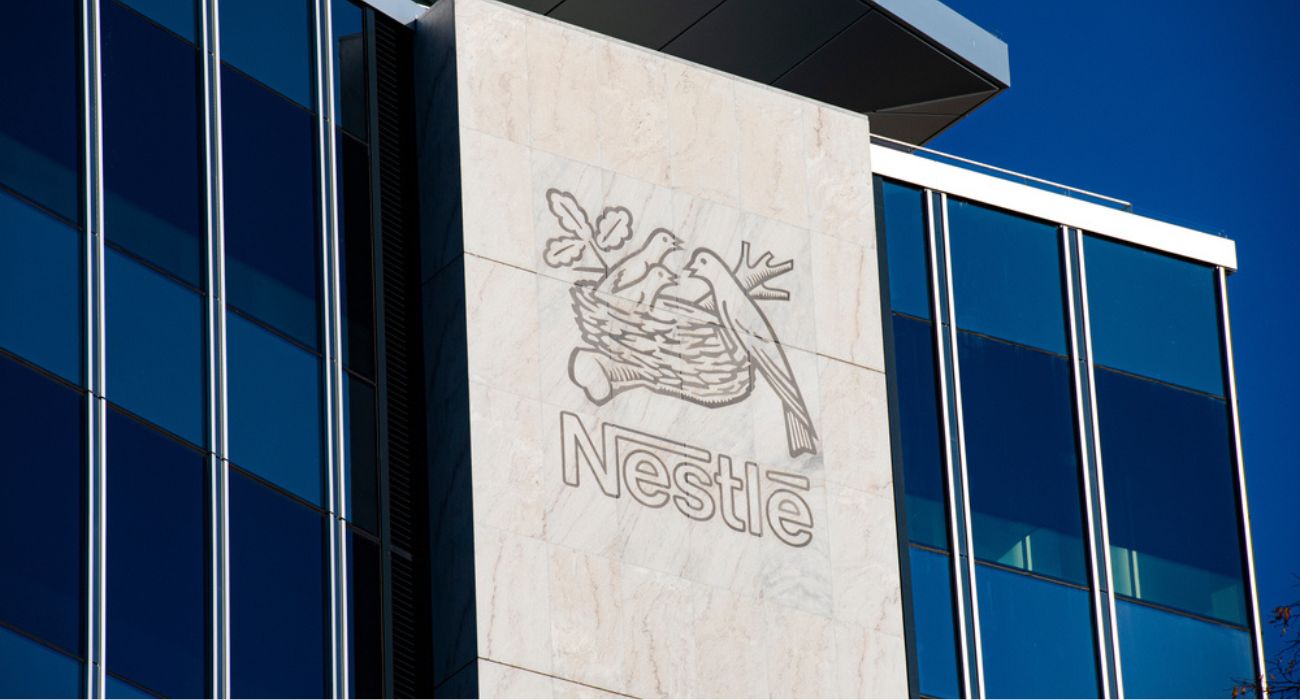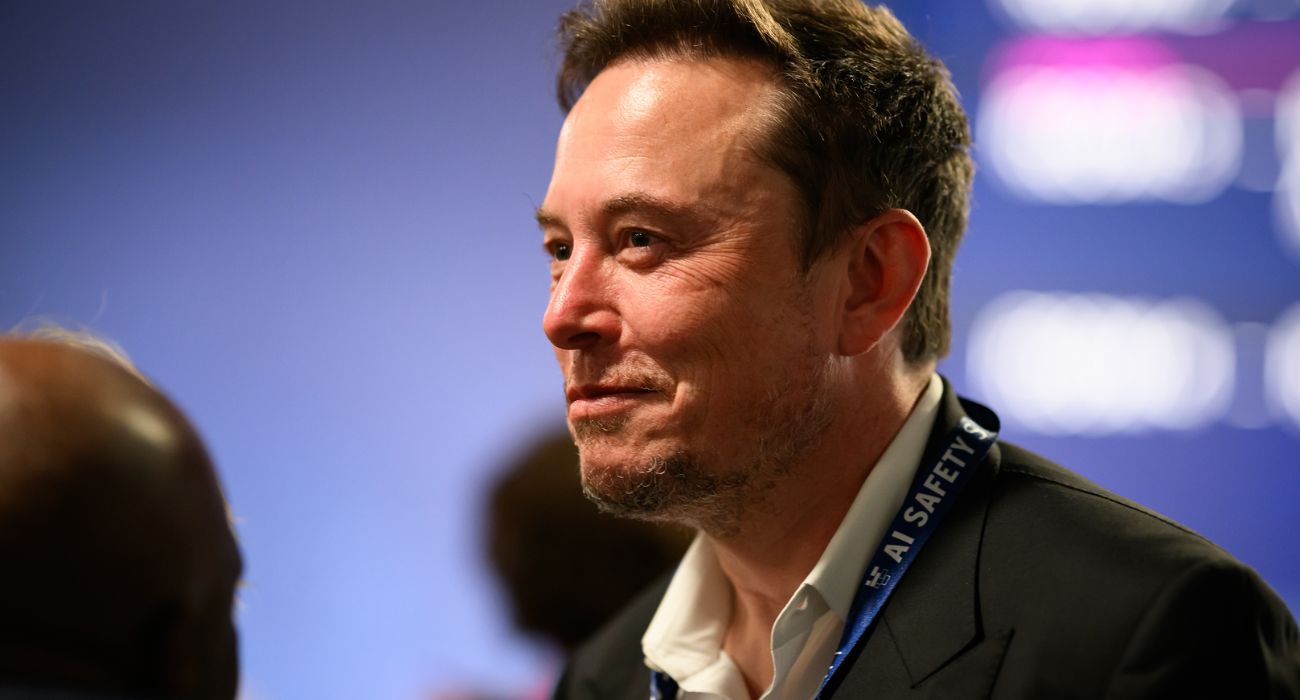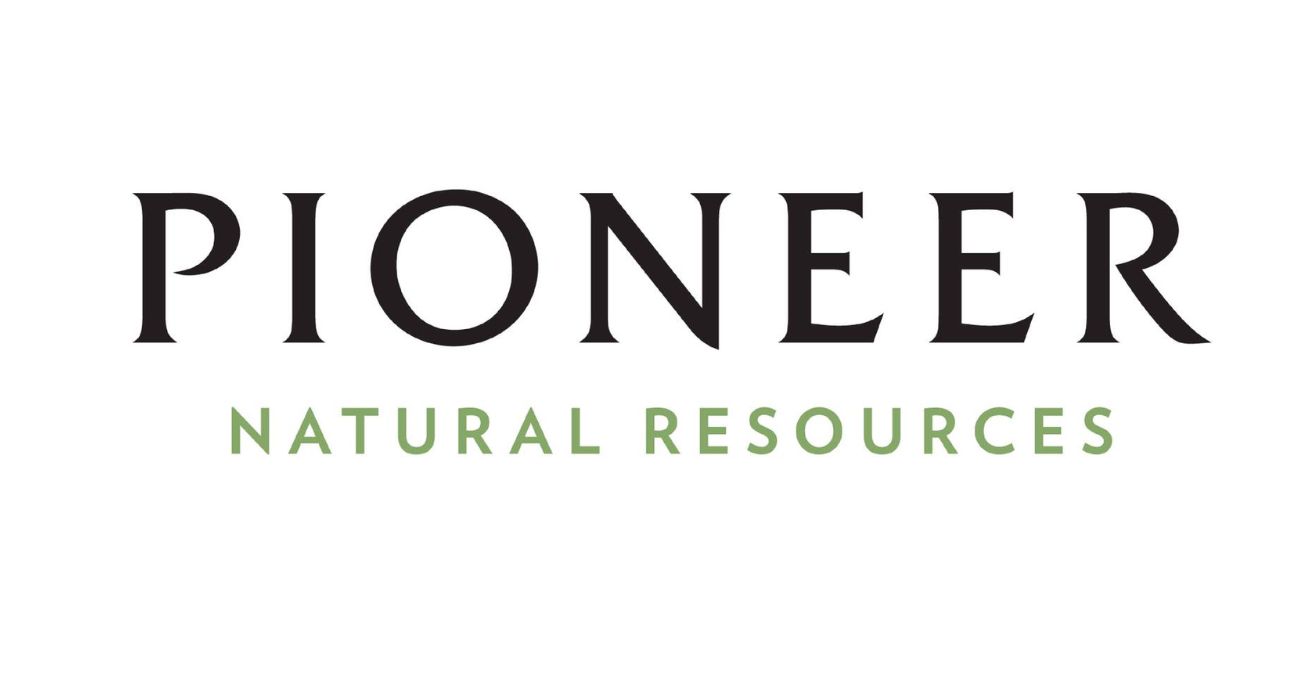Nestle, the world’s largest food company, will raise prices this year.
Nestle CEO Mark Schneider announced the decision Thursday after Nestle missed analysts’ fourth-quarter profit estimates due to rising ingredient costs.
The Swiss food giant increased prices by 8.2% in 2022, but more price hikes are reportedly coming. Schneider said that further price increases were needed to combat the impact of higher commodity prices.
The decision comes as consumers are already facing decades-high inflation.
Last year’s price hikes did not offset the company’s profit margins due to high food costs, prompting the additional increase.
“Our gross margin is down about 260 basis points — that is massive. That is after all the pricing we have done in 2022,” Schneider said to reporters, according to Reuters.
In addition to supply chain issues from the pandemic, an increase in costs of raw materials brought on by the war in Ukraine has contributed to rising costs of consumer goods.
“Like all the consumers around the world, we’ve been hit by inflation, and now we’re trying to repair the damage that has been done,” Schneider said on the company’s fourth-quarter earnings call.
Consumers have already seen food prices rise by 9.9% in 2022, according to the USDA. The consumer price index, a gauge of inflation, rose 6.4% over the past 12 months, and prices increased 0.5% in January, reported USA Today.
Nestle is not alone; other consumer goods companies have also announced that they will be raising prices.
Unilever announced it would increase prices for detergents, soaps, and packaged food because of rising costs.
In contrast, PepsiCo said it would stop raising prices after several price increases helped the company beat Wall Street consensus estimates on the top and bottom lines.
On Thursday, Barclays analyst Warren Ackerman said that he expects “almost all” of Nestle’s lower-than-estimated volumes stem from supply chain issues and the company revamping various products, per Reuters.
Schneider said the revamping will come in the form of “focusing on the items that are most in-demand … consumers are going for the most popular articles. Retailers like high-rotation items. And for us, having a more limited SKU lineup also means less complexity, more operational efficiency, and then, of course, an even better on-shelf availability for the items that are in demand.”
The CEO said he is not scared to walk away from an underperforming business if Nestle cannot sell it, citing the exit from its Canadian frozen foods business as an example.
Higher labor costs impacting prices are also a concern for Nestle, The Wall Street Journal reported.
“Everyone is watching to what extent now an inflation that was by and large commodity and energy driven, is now translating into one that is wage driven,” Schneider said, as reported by the WSJ.
Nestle’s net profits came in at 9.3 billion Swiss francs ($10.07 billion), missing estimates by 2.3 billion francs ($2.41 billion).
“Nestle rarely misses and that was a miss,” Bernstein analyst Bruno Monteyne said, per Reuters.
The company did report a sales increase of 8.4% in 2022, to 94.4 billion Swiss francs ($102.26 billion).
Nestle shares were up slightly as of Wednesday, last trading at 118.72 as of publishing time.






